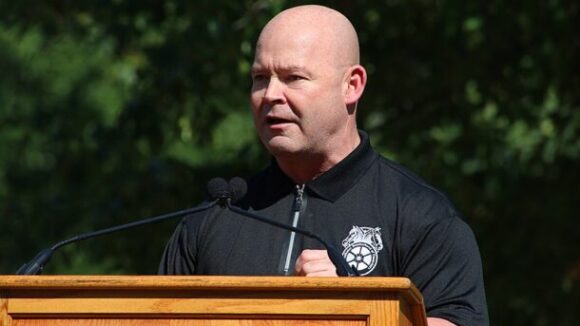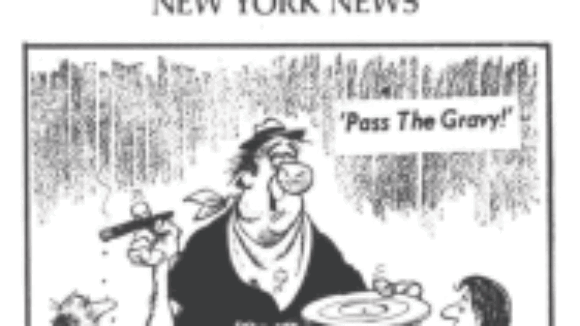Windfall For Derelict Union Pension Fund Chiefs
“The $86 billion giveaway to MEPPs inserted in the Biden Administration’s so-called ‘American Rescue Plan’ [ARP] has set the stage for even bigger bailouts in the future.”
Even Washington Post editors oppose forcing police officers and fire fighters into labor unions:
Congress should let states handle their own labor relations
ALL ACROSS America, state and local governments are struggling with recession-induced budget crises as revenue has plummeted and demand for services has remained high. But the issue is not only cyclical. Many public employees have been promised pay, pensions and health benefits that tax bases cannot sustain even in good times. As a result, voters and political leaders of both parties are rethinking the costs and benefits of public-sector unionism.
Except in Congress, it seems. Senate Majority Harry M. Reid (D-Nev.) is pushing to federalize labor relations between state and local governments and some public-sector unions. The Public Safety Employer-Employee Cooperation Act would require all states to give police and fire unions “adequate” collective bargaining rights — as determined by the Federal Labor Relations Authority. States deemed “inadequate” could wind up in federal court. Long sought by public-safety unions, the bill is supported not only by Mr. Reid but also by Republicans, including the soon-to-retire Sen. Judd Gregg (N.H.). It has a good chance of passing if the Senate can fit it on its busy calendar.
What this bill would do is impose a permanent, one-size-fits-all federal solution in an area — public-sector labor relations — that has traditionally been left to the states, and where state flexibility is probably more necessary than ever. The imposition on Virginia would be dramatic, of course, but even union-friendly Maryland, which lets each county decide whether and how to bargain with its employees, might find itself in costly, time-consuming contention with the feds. Farther afield, Colorado’s “fire protection districts,” special units of government dedicated to providing that service, would face costly collective bargaining even where firefighters and management are working harmoniously without it.

“The $86 billion giveaway to MEPPs inserted in the Biden Administration’s so-called ‘American Rescue Plan’ [ARP] has set the stage for even bigger bailouts in the future.”

State laws protecting employees’ Right to Work are strongly correlated with better- funded public pensions. On average, unfunded pension liabilities per…

This summer, law enforcement officials in Stamford, Conn., responded to a sharp increase in drug overdose deaths in their jurisdiction by furnishing…